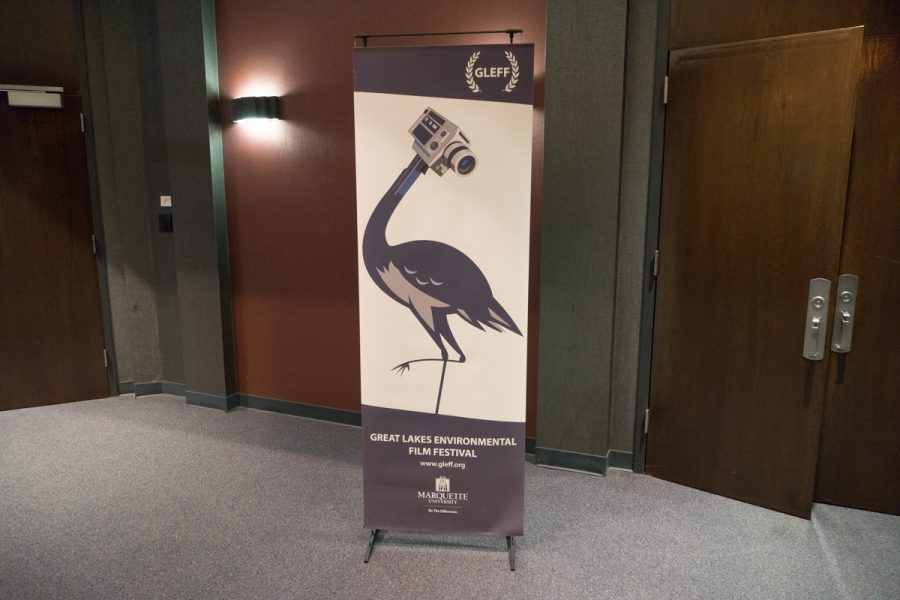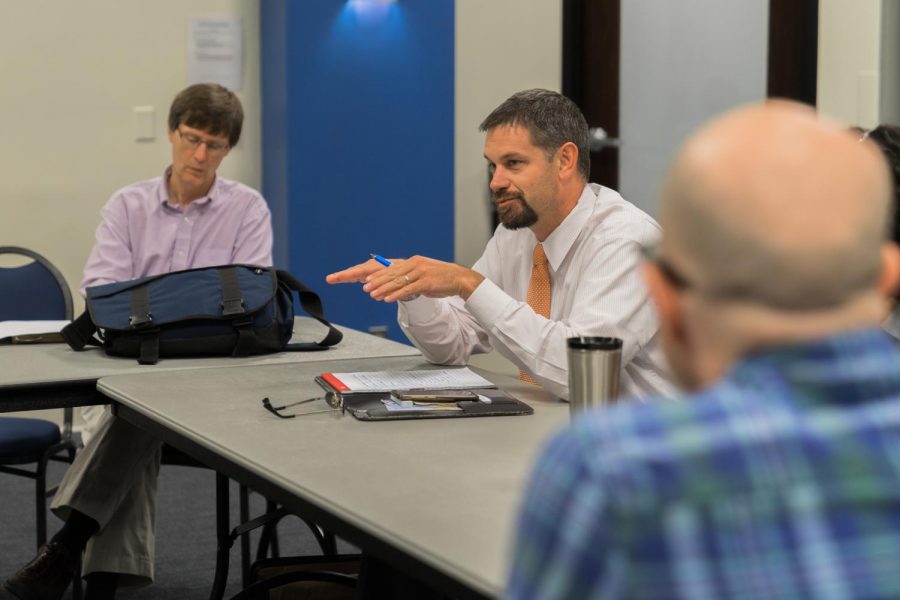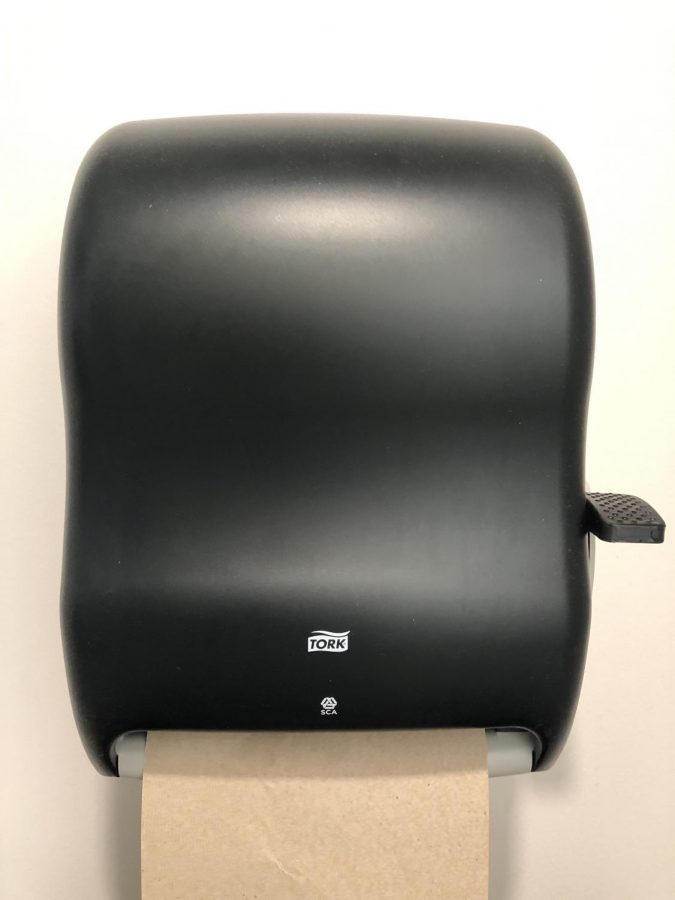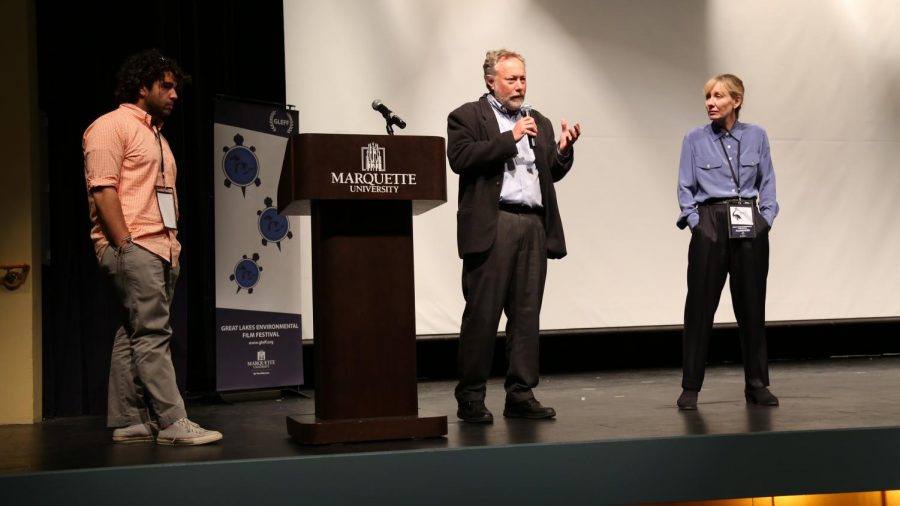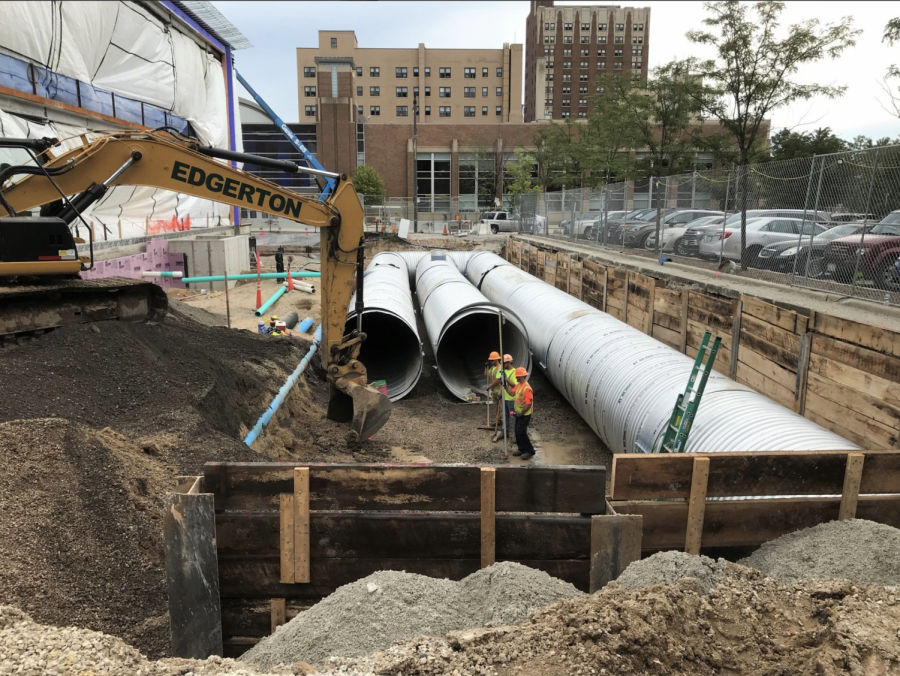Legislation to lift Wisconsin’s “prove it first” law passed the state Senate on a 19-14 vote Nov 7. The law required mining companies to prove that a sulfide mine can run for 10 years and be closed for an additional 10 years without polluting any nearby water sources with drainage.
The day of the repeal, the Great Lakes Environmental Film Festival screened Back Forty, a documentary on the state of the proposed Back Forty Mine on the Wisconsin/Michigan border.
This year marked the third annual Great Lakes Environmental Film Festival at Marquette. GLEFF is one of three environmental film festivals in the country located at a university. This year, GLEFF showed five films chosen from over 250 submissions.
“Maybe it’s a little ironic to connect to nature through film, but I think it’s important that we’re all sitting here tonight and thinking about the environment,” said Joe Brown, an assistant professor of digital media and performing arts and GLEFF director. “I see film as a starting point, a place to start discussions about issues that are important to us.”
Mark Doremus is the director of Back Forty. A former reporter for WFRV in Green Bay and current Milwaukee Neighborhood News Service affiliate, Doremus said he approaches the controversy surrounding the Back Forty Mine with a journalist’s point of view.
The proposed site of the mine is located on the Menominee River which divides Wisconsin and Michigan’s Upper Peninsula. According to Back Forty, opponents of the mine say runoff from the mine could find its way into the river and ultimately Lake Michigan. Doremus said a catastrophic accident that pollutes the river, while possible, is unlikely.
“They don’t mine these projects like they used to,” he said. “It’s kind of like nuclear power: there’s a low probability (of an accident happening), but with very high consequences.”
Brown said he is conflicted about the mine because the issue of mining isn’t always black and white.
“It’s a difficult situation because in my heart, as an environmentalist, I say no mine, but I’m walking around with a cell phone that has all sorts of heavy metal in it,” he said.
Doremus pointed out the mine would likely have positive economic impacts on the Menominee River region.
“As mine advocates point out, people need work,” he said. “There are a lot of miners who are laid off and are looking are looking for something to do to support their families.”
Though the Wisconsin state senate voted to repeal the “prove it first” law, Doremus said the controversy surrounding the mine is far from over.
Now that the Senate nixed these regulations, the time for activists to speak up is now, according to Brent Ribble, the campus sustainability coordinator.
“We should shift our attention to the local level and start appealing to counties, cities and municipalities,” Ribble said.

